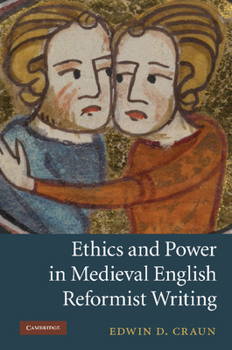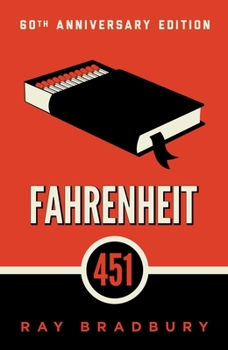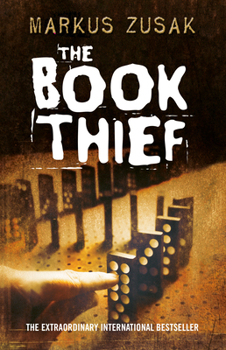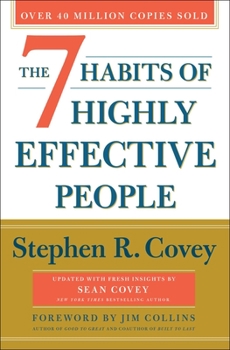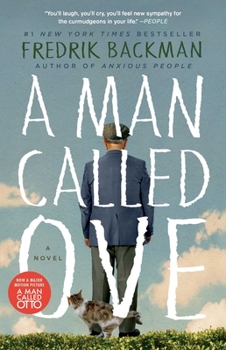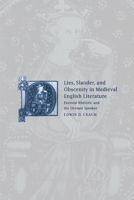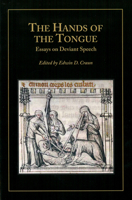Ethics and Power in Medieval English Reformist Writing
Select Format
Select Condition 
Based on Your Recent Browsing
Book Overview
The late medieval Church obliged all Christians to rebuke the sins of others, especially those who had power to discipline in Church and State: priests, confessors, bishops, judges, the Pope. This practice, in which the injured party had to confront the wrong-doer directly and privately, was known as fraternal correction. Edwin Craun examines how pastoral writing instructed Christians to make this corrective process effective by avoiding slander,...
Format:Paperback
Language:English
ISBN:1107412536
ISBN13:9781107412538
Release Date:January 2013
Publisher:Cambridge University Press
Length:234 Pages
Weight:0.70 lbs.
Dimensions:0.5" x 6.0" x 9.0"
More by Edwin D. Craun
Customer Reviews
0 customer rating | 0 review
There are currently no reviews. Be the first to review this work.







